This league protected the economic interests of all cities within its membership along trade routes and each city had its own legal system and military force. By the middle of the fourteenth century, the town had encroached into rural areas, this fact and its membership in the Hanseatic League had separated the city from the rest of the island and this had caused much antagonism between the town dwellers and those who lived in the countryside.
By 1356, Visby had become less important within the Hanseatic community and this had not gone unnoticed by King Valdemar of Denmark who had seen the Hanseatic League become increasingly powerful within his own country, angry that he had no control or any say within the trade route it protected, Valdemar made his way to Gotland in the summer of 1361 with an army and landed on the west coast of Gotland on the 27th of July.
By the 27th the army of Valdemar arrived outside the city walls of Visby and it was here that the main attack on the people of Gotland took place. Even with some support from their Estonian neighbours, the badly armed local men were defeated by Valdemar's elite force of only one hundred men. The question that must be asked here is, and remembering Visby's attitude towards the community outside its walls, did its forces make any attempt to support these men or did they watch from the ramparts as the people of Gotland were slaughtered?
By the end of the battle, it is thought that nearly two thousand people met their death at the hands of only one hundred men who later went on to kill all those who were injured or dying.
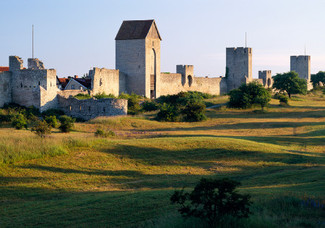
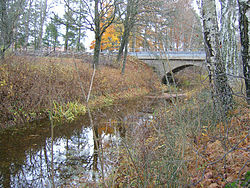

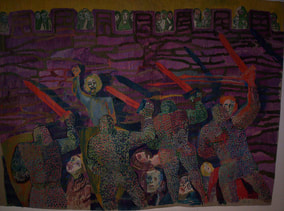
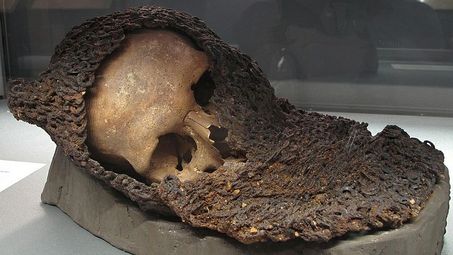
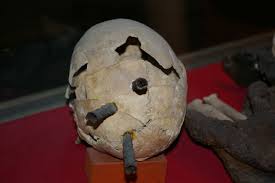
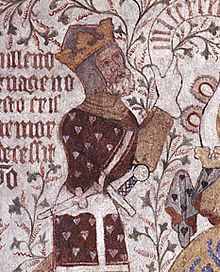

 RSS Feed
RSS Feed
